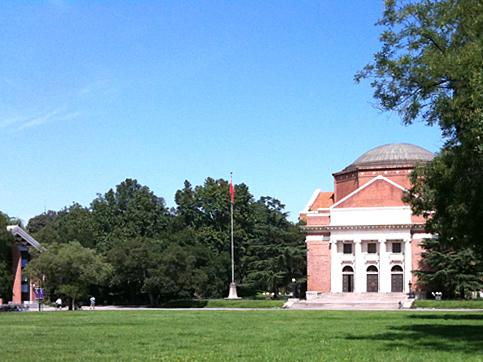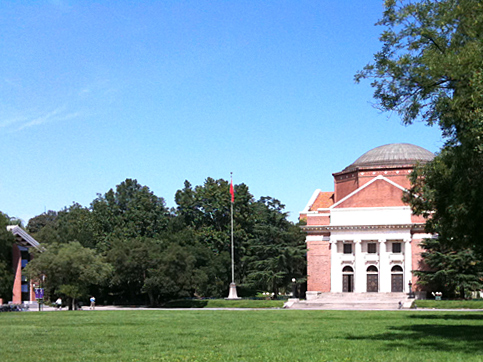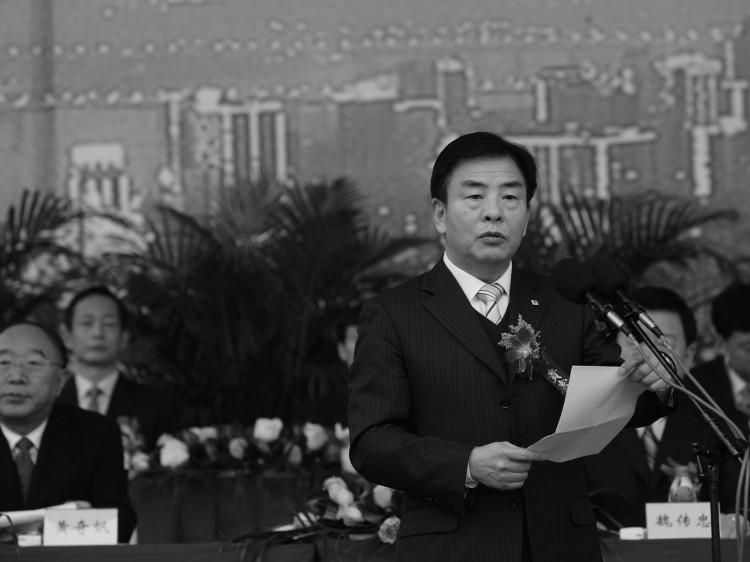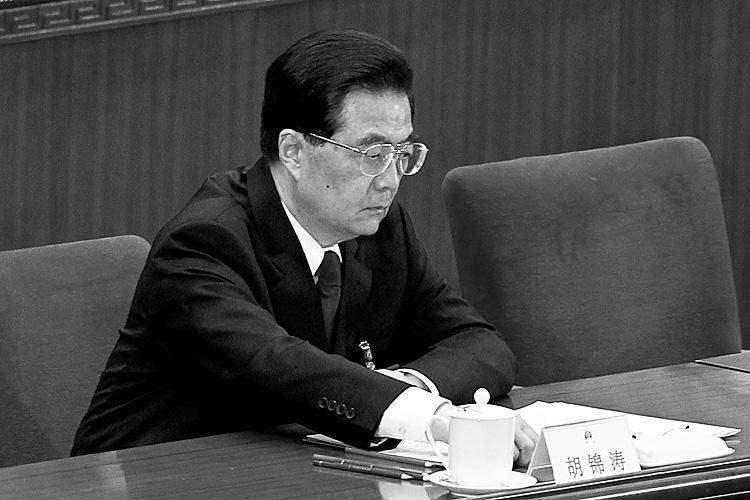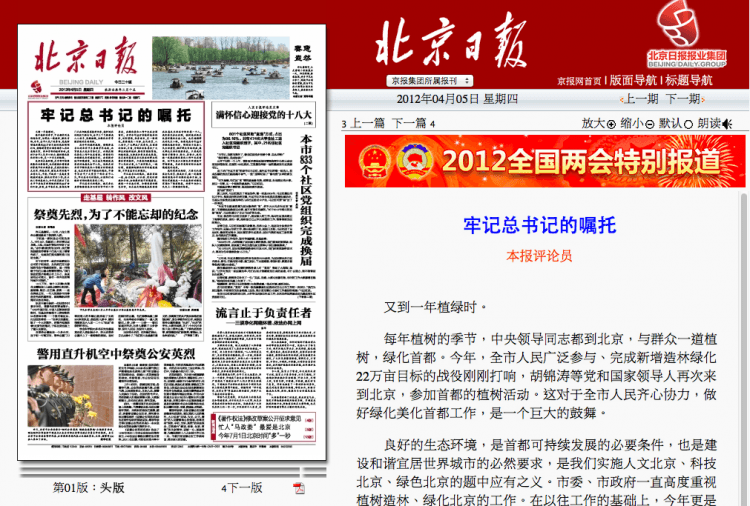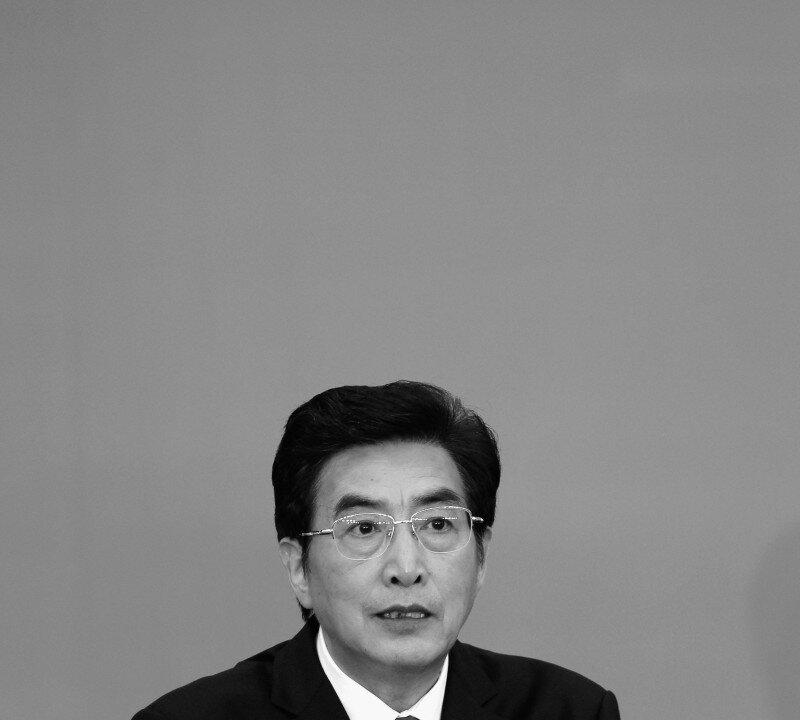At a recent forum titled Party Construction in Higher Education hosted by the elite Beijing institution, Tsinghua University, Chinese vice-president and predicted successor to the head of the Chinese Communist Party (CCP), Xi Jinping appeared as the main speaker. During his speech, Xi emphasized the need to “nurture reliable successors” (to the Party leadership).
Many of the major players in the CCP are graduates of Tsinghua University, including both the current Chinese leader Hu Jintao and his successor Xi Jinping. They comprise the so-called “Tsinghua clique.” Xi graduated from the School of Humanities and Social Sciences as a Marxist Theory and Ideological and Political Education major.
Since the 1950s, some of the most powerful men on the Chinese political scene are Tsinghua graduates: Former Vice Premier Yao Yilin, former Premier Zhu Rongji, and the high-level official from Gansu Province who was Hu Jintao’s mentor, Song Ping. Current powerful officials include Wu Bangguo, the chairman of the Standing Committee of the National Peoples Congress, and Wu Guanzheng, former head of the CCP’s corruption investigation entity.
A look into their educational pedigree will reveal that most of them majored in science and engineering-related fields. Zhu Rongji majored in electrical engineering, while Wu Bangguo graduated from the Department of Radio Electronics, specializing in electron tube studies. According to China Vitae, an online database of Chinese VIP figures, Wu Guanzheng graduated from the Power Department with a specialty in thermal measurement and automatic controls.
Hu Jintao graduated from the Water Conservancy Engineering Department, “where he specialized in the study of hub hydropower stations,” according to China Vitae.
In the biography of Hu Jintao, authors Wen Siyong and Ren Zhichu wrote that given the history of the CCP’s purges and campaigns against intellectuals, those who study the humanities or social sciences can be easily targeted and perceived to be “anti-Marxist” or “on the side of the bourgeois class.” In addition, those who study the sciences are more removed from political studies and thus less likely to engage in something that goes against party ideology.
Presidents of the university have also assisted in pushing its students into the Chinese leadership circle. Jiang Nanxiang, who served as president of Tsinghua from 1952 to 1966, was able to “nurture” Song Ping and former Vice Premier Yao Yilin to become powerful Communist officials, as well as Kang Shi-en, who was a former deputy prime minister and headed a department in charge of China’s oil resources.
With research by Annie Wu.
The Epoch Times publishes in 35 countries and in 19 languages. Subscribe to our e-newsletter.
